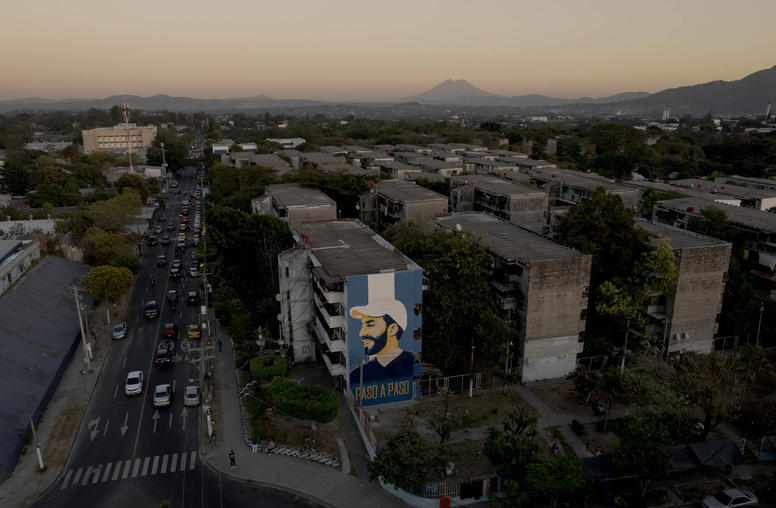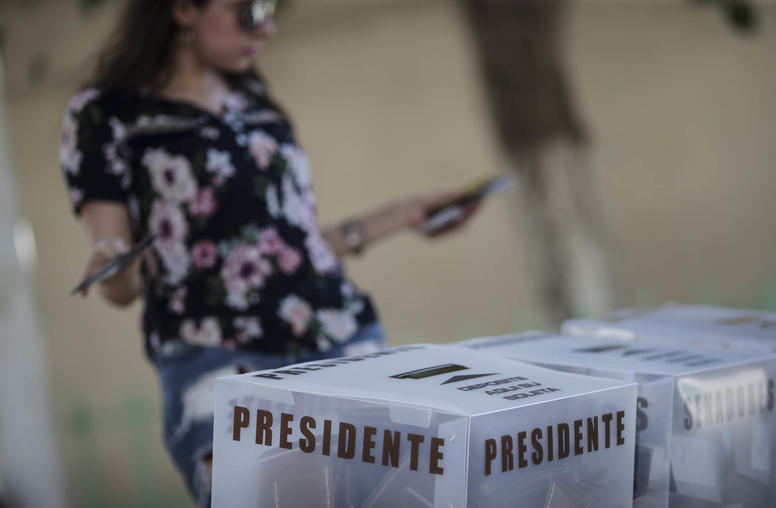Negotiating Peace and Confronting Corruption
Challenges for Post-Conflict Societies
In Negotiating Peace and Confronting Corruption, Bertram Spector argues that the peace negotiation table is the best place to lay the groundwork for good governance.
- News Release
- Questions and Answers with the Author
- Praise for "Negotiating Peace and Confronting Corruption"
- Watch an interview with the author (Note: This link will direct you off USIP.org)
Societies emerging from conflict, whose governing institutions typically are weak and inefficient, are particularly susceptible to corruption. Losing factions may use corrupt means to continue a bid for power or redress grievances, and winning factions find new powers to raid state coffers and siphon donor assistance funds. In Negotiating Peace and Confronting Corruption, Bertram Spector argues that the peace negotiation table is the best place to lay the groundwork for good governance.
Drawing from six case studies, Spector identifies key ingredients to building integrity into new governments: establishing cease-fires, negotiating future governance and anticorruption reforms, adequate and timely development assistance to implement the reforms, and continuing public participation in post-agreement negotiations. The volume assesses the effectiveness of anticorruption measures and outlines best practices to build legitimate criminal justice systems, transparent and accountable legislative and political systems, effective governance practices, independent media, and sustainable economies in post-conflict societies.
The author concludes that ending violence through a negotiated cease-fire is not likely, by itself, to be sufficient, but addressing one of the initiating causes of conflict—corruption and abuse of power—is likely to strengthen the economic, political, and social fabric necessary for long-lasting peace and growth. This volume offers lessons for analysts and practitioners on how to structure negotiations to provide post-conflict societies with a sustainable new beginning.
Bertram I. Spector is president of the Center for Negotiation Analysis and editor-in-chief of International Negotiation: A Journal of Theory and Practice.


